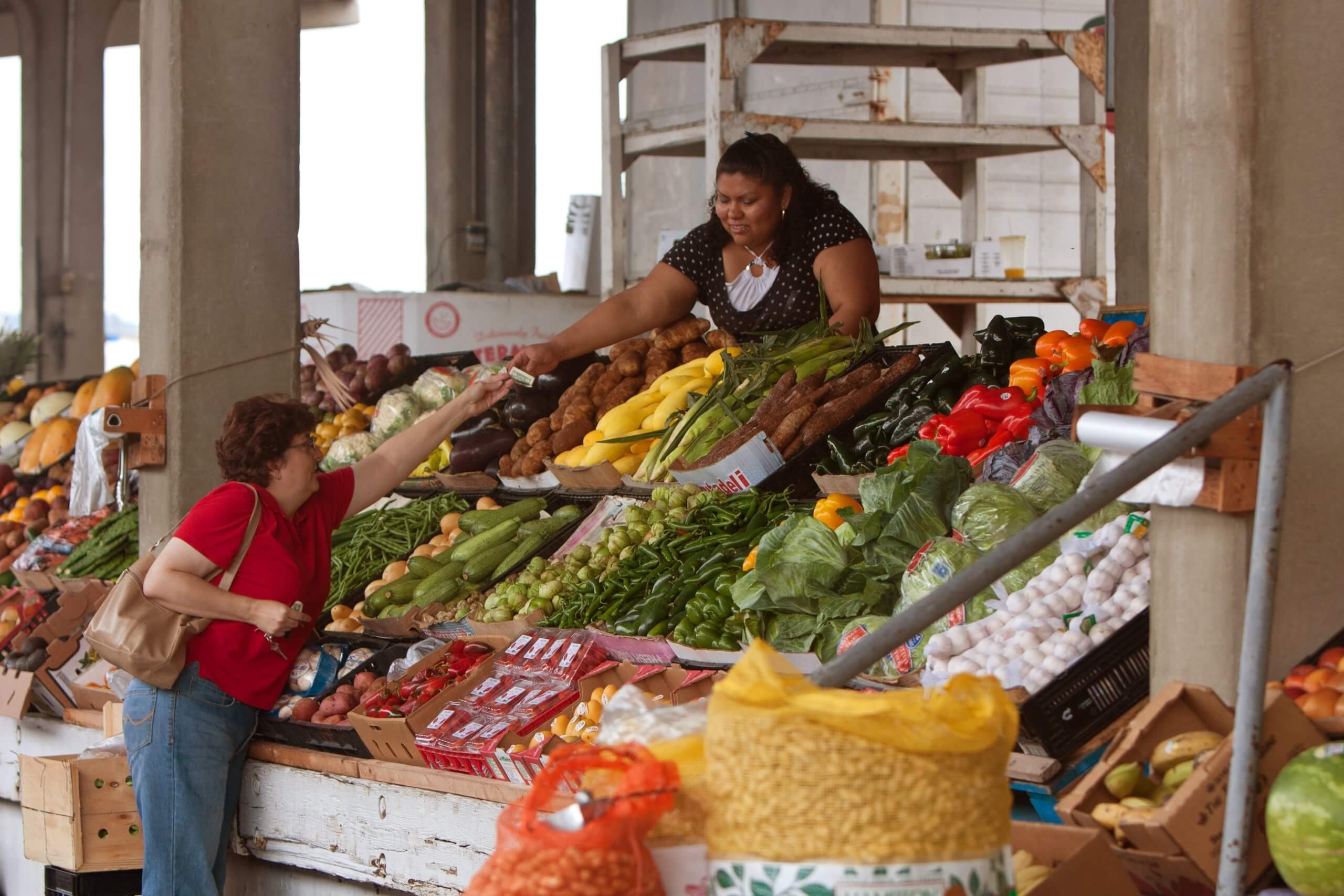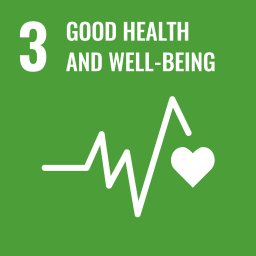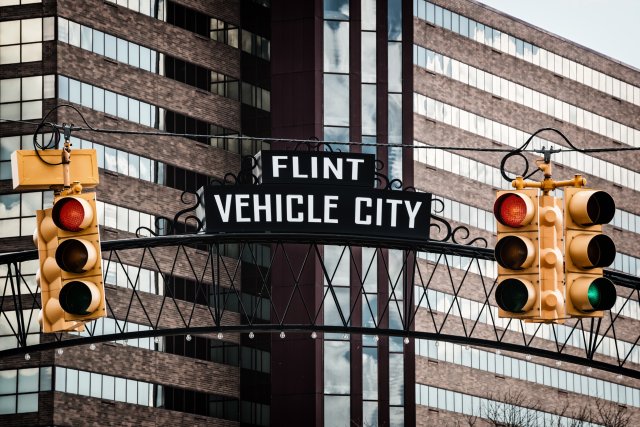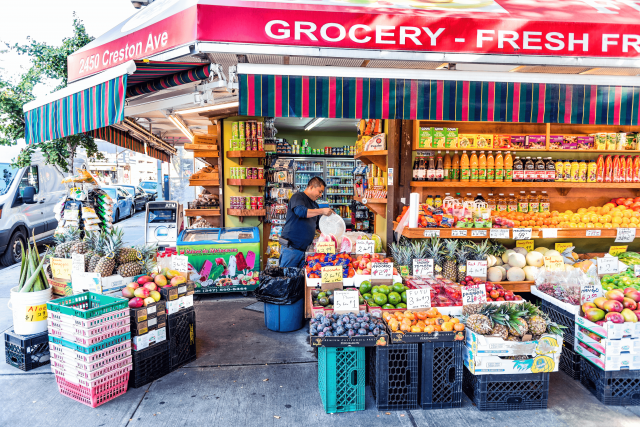The action and its aims
Atlanta’s Metropolitan Atlanta Rapid Transport Authority (MARTA) hosts seasonal farmers markets at four stations in areas lacking reliable access to affordable, healthy food. The markets sell mainly local produce, plus some fruits that are not grown locally, like bananas. Each market takes place once a week, on different days, between May and December. Prices are competitive with grocery stores and SNAP vouchers are accepted, with the value doubled under the Georgia Fresh for Less scheme. The aim is to improve access to healthy food, making it easy for people to purchase fresh produce when they are passing through stations.
When it was introduced
The scheme was piloted in summer 2015 with a table-top market at West End Station. Its success led to expansion to three more stations the following year.
Why it was needed
The scheme was deemed necessary because more than 300,000 people living within the area served by MARTA lack reliable access to sufficient quantities of affordable, nutritious food.
Who initiated it, who is involved
Day-to-day operations of Fresh MARTA Market are managed by Organix Matters, a local urban agriculture organisation employing growers and food entrepreneurs, in partnership with the Community Farmers Market, Atlanta Community Food Bank/Food Oasis-Atlanta, South West Atlanta Growers (SWAG) Cooperative, and MARTA. In late 2017, MARTA received a USD500,000 grant from the USDA to establish produce markets in additional stations.
Impacts to date
During the 2015 season, the pilot Fresh MARTA Market sold more than 8,000lbs of produce to 2,500 customers, with a value of USD7,825. In 2016 the season ran only from September to December, but the four markets served more than 13,000 visitors and sold more than 15,000lbs of produce between them.
More information: A similar example of a public transportation organisation providing space and infrastructure for healthy food access comes from Montreal (Canada). There, the Societé Transporte de Montreal provides land, electricity and water for food markets at nine transit shops located in food deserts, in partnership with a non-profit organisation.






